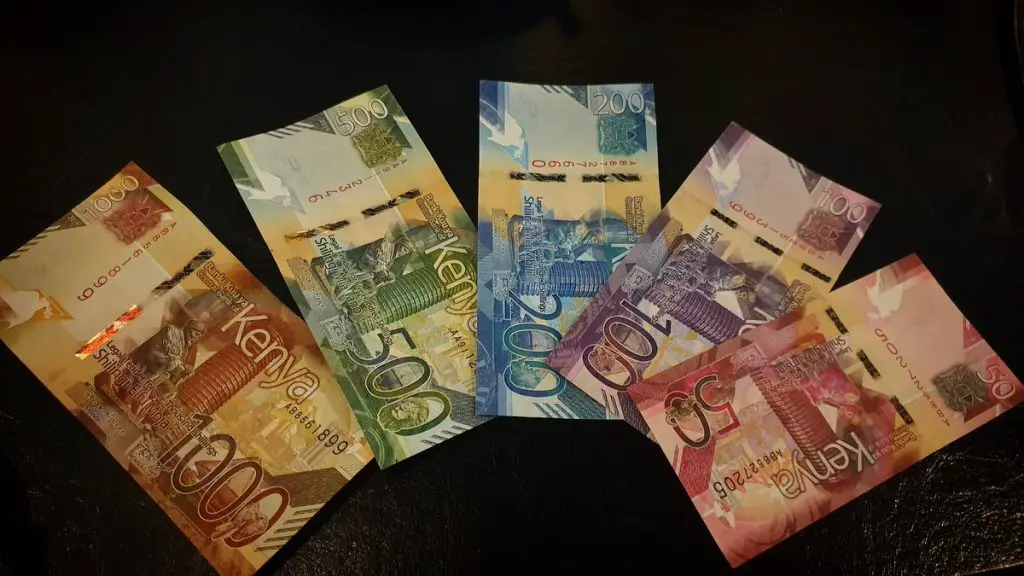Cryptocurrencies might not be trending anymore in Tanzania, as the Bank of Tanzania (BoT) unequivocally issued a statement on November 12, this year.
The bank noted that trading, marketing and usage of virtual currency is contrary to existing foreign exchange regulations, the BoT press release reads.
The first famous decentralized cryptocurrency bitcoin created in 2009, began taking a rather wide interest in Tanzania, for the past three years. The virtual currency disruption has been noted by the BoT, which led to the central bank’s decision to intervene.
“The Bank of Tanzania has noted a growing trend among members of public engaging in activities related to the usage of virtual currencies (cryptocurrencies) in the country. The Bank is also aware of incidences where these currencies are being marketed and traded with a perception of making them appear as if they were a legal tender in the country. Moreover, there are some individuals claiming to have engaged the Bank of Tanzania about the use of such virtual currencies,” the BoT statement reads in part.
Cryptocurrencies have been gaining a strong footing within the modern economy for over a decade, but also—they have been vetted and promoted quite strongly not only by people using them, but prominent figures in economics such as Milton Friedman (who is also a Nobel Prize winner in economics), who openly said that “I think the internet is going to be one of the major forces for reducing the role of government. The one thing that’s missing but that will soon be developed is a reliable e-cash,”
Per Coindesk report, earlier this month, in the weeks ending November 3 and 10 respectively, Bitcoin fell by 2.6 per cent and 3 per cent, which is also a consecutive weekly loss and multiple failures at key resistance, which have shifted risk in favor of a drop to over $8,550 and maybe low to $8,000.
However, nations like Algeria, Morocco, Pakistan, and Vietnam have banned any all activities related to transactions originated from cryptocurrencies, hence—the latter begs the question, are virtual currencies palatable to the Tanzanian economy landscape?
What is cryptocurrency?
In simple terms, cryptocurrency is digital money that is created from code, whereby, according to Blockgeeks, it is an internet-based medium of exchange which uses cryptographic functions to conduct financial transactions, but also, they leverage blockchain technology to gain decentralization, transparency, and immutability.
The cryptocurrency economy is also monitored by a peer to peer internet system, of which operates in a very erratic environment, whereby—Blockgeeks refers to it, as “fast and wild”, whereas, nearly every day new cryptocurrencies come up, the old versions cease to exist, while the newly ushered are associated with vast promises of success, but eventually fall in couple of months.
Despite Bitcoin being the long-standing and far most famous cryptocurrency in the world, there are other versions of virtual currencies in circulation, including Ethereum, Ripple, Litecoin, and Monero.
Cryptocurrency operations.
The virtual currencies run of a payment network with accounts, balances, and transactions, whereby, in order to solve the payment network “worst nightmare”, a special central server is established to keep records of all balances.
Any transactions that carried are known immediately by the whole network, only after a specific amount of time it gets confirmed by miners, whose sole-job is to legitimize transactions within the network. Per Blockgeek’s report, the respective confirmation is vital in cryptocurrencies, and the entire operations of virtual currencies revolve around confirmation.
One of the critical philosophies engraved on cryptocurrencies as highlighted by Blockgeeks is that they are built on cryptography (the art of writing codes), they are not secured by people, or trust, but by only math.
However, it is vital to comprehend various properties they bear, including—irreversibility, this means that after a confirmation, a transaction cannot be reversed, which means there is no safety net.
Pseudonymity is all over virtual currencies, transactions and accounts are not connected to the real-world identities, which has been argued by financial experts to harbor money laundering and fraudulent activities.
Hence, Vikram Hanksar International Monetary Fund (IMF) Strategy, Policy and Review Department Director cited that: the pseudo-anonymity of many cryptocurrencies makes them vulnerable to use in money laundering and terrorist financing if no intermediary checks the integrity of transactions or the identity of the people making them.
Transactions are disseminated and confirmed instantly within the network. The virtual currencies also are built to be locked in a public key cryptography system, where only the owner of the respective private key can send the currencies. It is argued that cryptography tends to strong and almost impossible to be broken.
Bank of Tanzania discouraging cryptocurrencies
According to the Bank of Tanzania Act, 2006 in Section 26 and 27, stipulating that: is the sole institution in Tanzania mandated to issue banknotes and coins and to declare a legal tender in the country.
In that context, it is with merit to understand that, despite the conventional currencies or fiat that government issues, cryptocurrencies are managed by a network of unknown computers running on an open-source code, relying on supply and demand for value, while the fiat, is based on confidence in the government that issues it, also—fiat is secured by banks and governments, cryptocurrencies are secured by a network of computers verifying transactions and more importantly, they are only able to buy goods/services where merchants accept them but fiat is acceptable all over country that issues it.
The latter adds up to the essence of the BoT statement to the Tanzania public. “The Bank of Tanzania, therefore, reiterates that the only acceptable and used legal tender in the country is the Tanzanian Shilling. Other foreign currencies are traded by licensed institutions in the country in line with applicable foreign exchange regulations where the currencies could be issued and redeemed in the country of issuance as a legal tender,” the statement reads.
There are two issues that hold water to the discouragement of virtual currencies in Tanzania. First, the government control on fiat (which is executed globally) is of the essence, as control of currencies matters, via central banks which issues money using monetary policies to exert economic influence.
Contrary to cryptocurrencies, fiat currencies can be transferred, leading to smooth tracking of currency movement and also dictating profits distribution from the movement. But also taxing on it, as well as tracking criminal activities, this is rather absent when third-parties create their own currencies.
In relation to the current economic context of Tanzania, it is also important to recognize that, despite the other attractive aspects of virtual currencies, still—they lack fertile criteria to function as basic money, which is a store of value, means of exchange and a unit of account.










